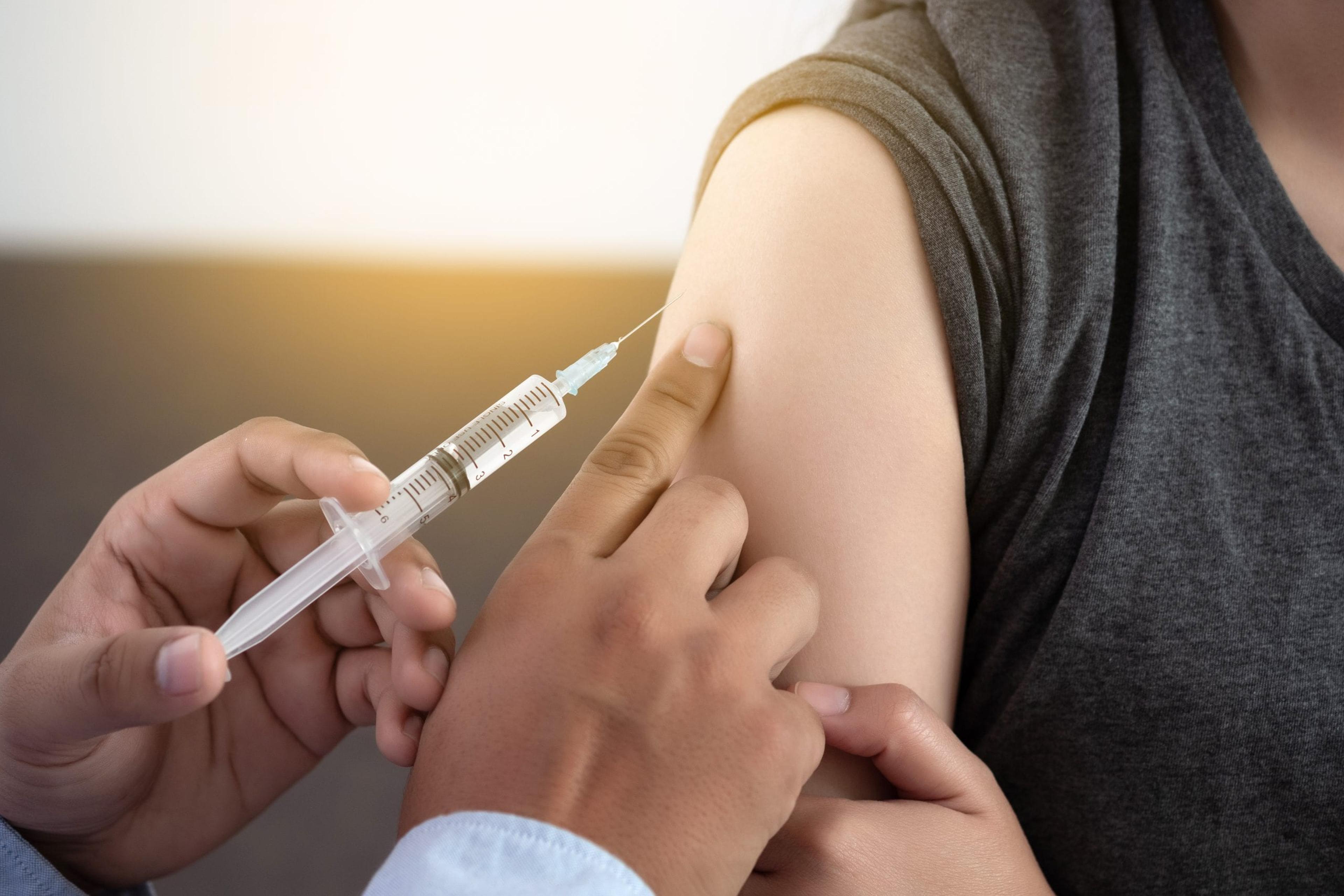A Doctor Answers Your HPV Vaccine Questions
Dr. Denice Logan, Medical Director at BCBSM
| 3 min read

Eighty million Americans are currently infected with HPV. The human papilloma virus is an infection typically contracted through sexual activity, although if the virus is in the mouth or throat it can be spread through drops of saliva. Left untreated and undetected, there is an increased risk for developing six types of cancers due to the virus. Although HPV is a common infection, many parents are wary of vaccinating their pre-teens with a vaccine they associate with sexual activity; 56 percent of adolescents have not received both doses of the HPV vaccine. As a physician, I urge parents to move past the perceived stigma associated with HPV vaccination and protect their children from potential cancer. In fact, a recent study suggests that higher HPV vaccination rates could effectively end cervical cancer. Here are answers to the common questions and objections people tend to raise about the vaccine. Is HPV that big of a deal? Yes. HPV is a very common infection; 14 million people contract it each year and unknowingly pass it on to their partners. HPV can lead to cancer of the cervix, vagina, vulva, penis, anus and the back of the throat if left untreated for an extended period. The infection can be transmitted through vaginal, anal or oral sex, as well as sex toys. Contrary to popular belief, HPV cannot be contracted from regular surfaces, such as a toilet seat. In rare cases, a pregnant woman can pass the infection to her fetus. I don’t want to have to talk to my pre-teen about this vaccine. Can’t I just wait? The vaccine is recommended for individuals around 11 to 12-years-old because it should be administered prior to exposure of HPV to be most effective. Two doses is recommended for those receiving the vaccine before their 15th birthday and three doses is recommended for those older than 15. However, there is still time to get vaccinated if you are under the age of 26. The vaccine is extremely effective; it protects against nearly 100 percent of cervical cancer and genital warts. The vaccine does not cause the HPV infection or cancers associated with it because it only carries one protein from the virus in the vaccine. Is the vaccine safe? Yes. Researchers are constantly monitoring the effects and safety of the HPV vaccine. Cervarix, Gardasil and Gardasil 9, the three HPV vaccines currently offered, went through years of clinical trials and studied extensively to ensure complete safety before offering it to the public. The FDA must license a vaccine before it can be offered, and the FDA only licenses safe and effective vaccines. Like all vaccinations, the HPV vaccine can have some minor side effects that include pain, swelling or redness in the area where the shot was administered that will cease in one to two days. No studies are available that show the HPV vaccine leads to infertility, however cancer treatment resulting from untreated HPV can lead to fertility issues. Won’t this encourage my child to engage in sexual activity at a younger age? You are possibly leaving your child vulnerable to the HPV infection by not vaccinating them. Studies show that receiving the HPV vaccine does not lead to pre-teens engaging in sexual activities at a younger age. The possible result of the HPV infection is cancer, which leads to painful chemotherapy sessions, surgery or radiation. A small shot in exchange for cancer treatment down the road seems like an obvious choice. If you could prevent your child from getting cancer, why wouldn’t you? Learn more about adolescent vaccination rates. About the author: Dr. Denice Logan is a medical director at Blue Care Network. If you found this post helpful, read these:
Photo credit: juststock





